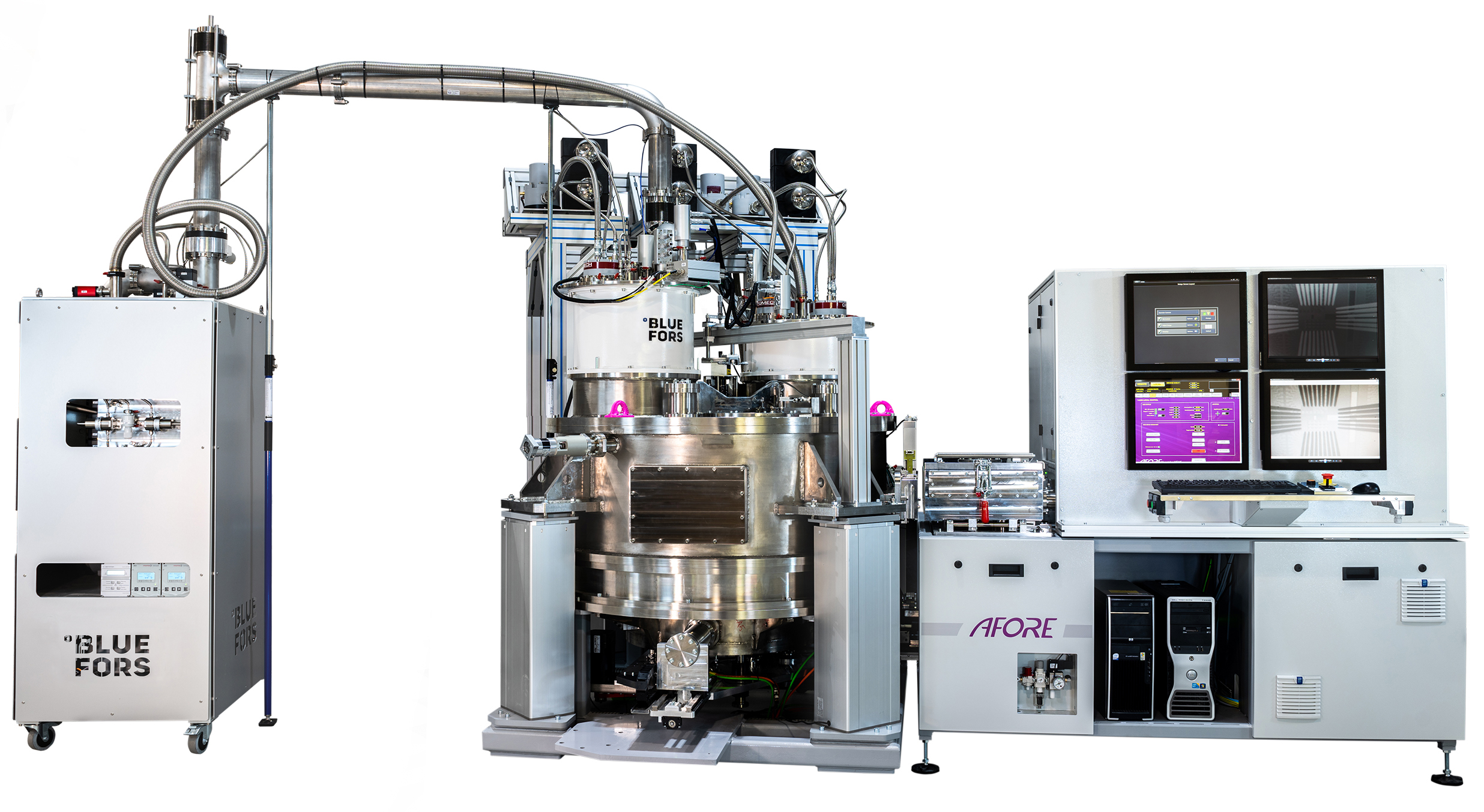Intel Announces First Quantum Computing Testing Tool
Intel and partners Bluefors and Afore have created a cryoprober, named the Cryogenic Wafer Prober, that allows researchers to test qubits on 300mm silicon wafers at temperatures of only a few Kelvins. According to Intel, this is the first such quantum computing testing tool to ever exist.
Quick Qubit Testing
During the development of its own silicon-based quantum computer, Intel identified the need for a cryoprober to make it easier to test qubits in silicon before they are built into the final quantum chips and shipped to customers. Intel said the cryoprober will allow it to scale up the manufacturing of silicon quantum computers with fewer issues.
Today’s quantum computing processors are tested for many months in a low-temperature dilution refrigerator to discover what works and what doesn’t work. This is compared to conventional transistors, which can be properly assessed within an hour. This feedback can then be sent back to the production line to inform on the changes required for the next batch of wafers.
If quantum processors are to become a mainstream and mature technology, similar testing processes will have to be developed, and Intel’s cryoprober is the first tool of its kind to do this for silicon quantum chips.
Creating the Cryoprober
In order to build the Cryogenic Wafer Prober, Intel approached Bluefors, a leader in building cryogen-free dilution refrigerator systems with a strong focus on quantum computing, who then partnered with Afore, a Finland-based provider of micro-electro-mechanical systems (MEMS) test solutions.
The cryoprober allows Intel to automate and collect information on spin qubits, such as the sources of quantum noise, the quality of quantum dots and the materials that can be used to create the spin qubits within minutes rather than weeks. As a first demonstration of the technology, Intel was able to test a wafer containing more than 100 qubit structures.
This testing tool should significantly accelerate the development of quantum processors and greatly reduce the time it takes for experimental quantum computers to come out of the lab.
Get Tom's Hardware's best news and in-depth reviews, straight to your inbox.
Lucian Armasu is a Contributing Writer for Tom's Hardware US. He covers software news and the issues surrounding privacy and security.
